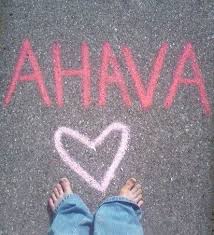Ahava / Love as reflected in Jewish prayer known as Shema
There is no remedy for love but to love more.—Henry David Thoreau The first two of these commandments —love for God and love for our fellow humans —are actualized through mitzvot, a system that shapes idealsinto behavior and is deepened through communal norms.— Joanna Samuels Love God. Love God with everything you are: heart, mind, […]


